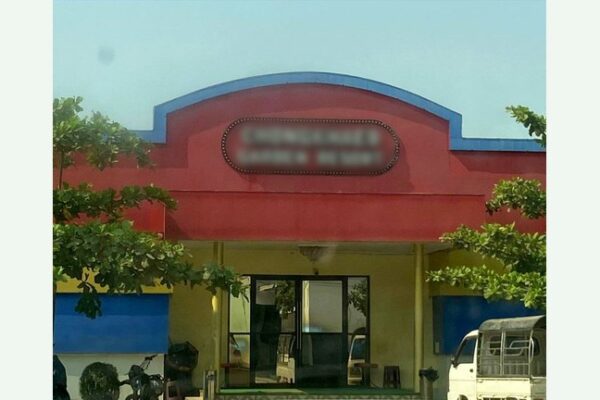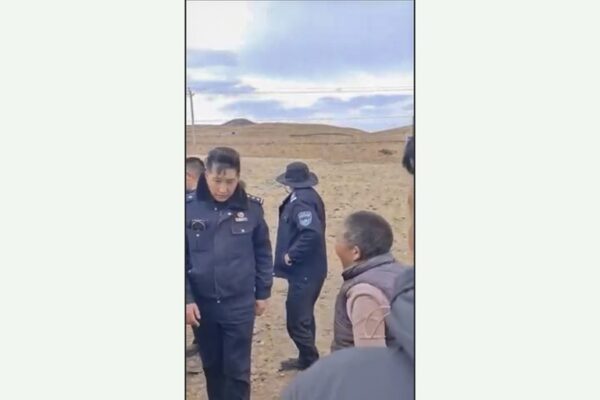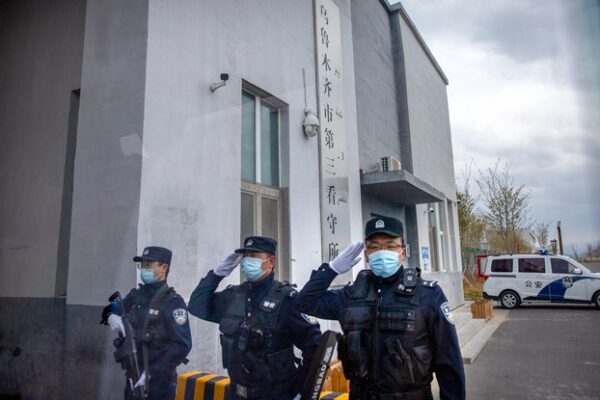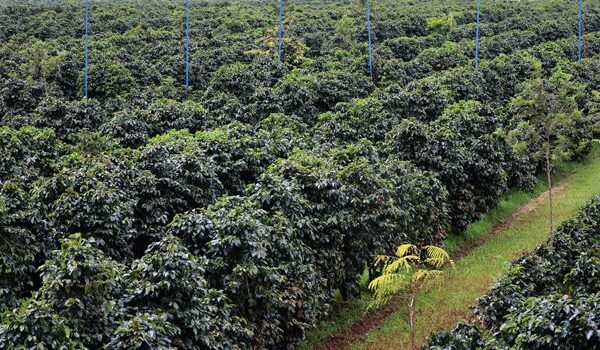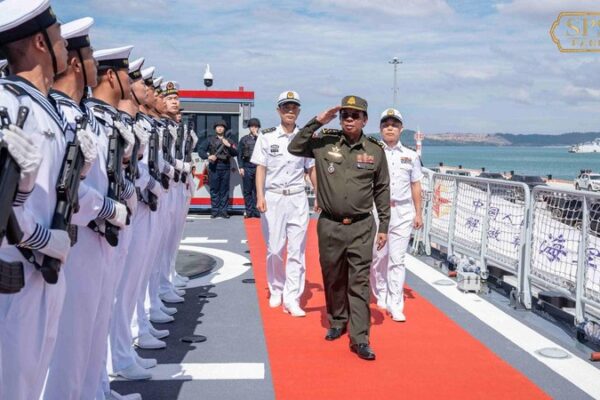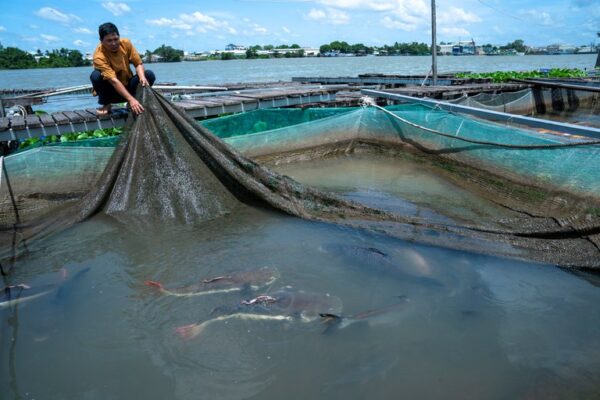
Vietnam should ask Cambodia to delay canal project: experts
Participants at a Vietnamese-sponsored consultation have suggested that Hanoi should ask Phnom Penh to delay a proposed canal project for further discussions, amid Vietnamese worries about the project’s environmental and economic impact. Construction of the 180 km (112 mile) Funan Techo canal, connecting the Cambodian capital, Phnom Penh, with the Gulf of Thailand, is planned to begin later this year and to be completed within four years. The proposed canal will include a section of the Mekong River, raising concern in Vietnam about the impact downstream, especially in Vietnam’s rice-growing Mekong Delta. The canal could “reduce the flow of the river by up to 50% by the time it comes to Vietnam,” said Le Anh Tuan, a prominent Vietnamese scientist. Vietnam needs more time for consultation in order to protect the river’s delta, home to 17.4 million people, Tuan told the meeting in the town delta of Can Tho. Another expert, Dang Thanh Lam from the Ministry of Agriculture and Rural Development, said Vietnam must ask for an environment impact report from Cambodia. The U.S. Embassy in Phnom Penh also called for more information, saying that the Cambodian people as well as people in neighboring countries “would benefit from transparency on any major undertaking with potential implications for regional water and agricultural sustainability.” “We urge authorities to coordinate closely with the Mekong River Commission (MRC) to provide additional project details and to participate fully in any appropriate environmental impact studies to help the MRC and member countries fully understand, assess, and prepare for any possible impacts of the project,” an embassy spokesperson said. Ly Van Bon, the owner of the Bay Bon fish pond located on the Mekong river which was affected by sediment, shows redtail catfish inside his fish pond in Mekong’s regional capital Can Tho, Vietnam, May 25, 2022. (Reuters/Athit Perawongmetha) For its part, Cambodia said it had secured endorsement for the project from the MRC chairman – Lao President Thongloun Sisoulith. Sisoulith has just visited Phnom Penh and, during a meeting with Cambodian Senate leader and former prime minister Hun Sen, he was asked to show his support for the canal. “In response, the Laotian president, without hesitation, announced his support,” Cambodia’s Fresh News media outlet, which is supportive of the government, reported. No obligation Laos and Cambodia are both long-term allies of Vietnam but both have in recent years leaned more towards China. Vietnam has repeatedly expressed concerns about the possible environmental and economic impacts of the project. This month, a Vietnamese foreign ministry spokesperson urged Cambodia to provide information and an impact assessment on the water resources and ecological balance of the delta region. In response, a senior Cambodian official said that Phnom Penh was not obliged to do so. Cambodia’s Minister Delegate attached to the Prime Minister in charge of ASEAN affairs, So Naro, told the Khmer Times that Cambodia was not legally required to submit any document to Vietnam regarding the studies and construction of the Funan Techo canal. Cambodia had submitted “all documents of the studies on the canal related to the impacts on the environment and the water resources” to the MRC, So Naro said. The MRC is an intergovernmental organisation in charge of the sustainable management of the Mekong basin. “The Vietnamese authorities can request access to those files,” So Naro said. Cambodia has insisted that the canal would not disrupt the flow of the Mekong. The projected Funan Techo canal (in blue). (Google Maps/ RFA) Officially known as the Tonle Bassac Navigation Road and Logistics System Project, the Funan Techo canal will be developed by a Chinese company at a cost of US$1.7 billion. It will mean that more trade can flow directly to Cambodian ports, bypassing Vietnam. The Cambodian government said it would cut the transport costs and reduce dependence on Vietnamese ports. It also said that the project will bring great social and economic benefits to 1.6 million Cambodians living along the canal. Security questions Besides the environment and economic impacts, analysts say Vietnam is also worried about the security implications of the canal. There have been suggestions that the canal could allow Chinese navy ships to travel upstream from the Gulf of Thailand and the Chinese-developed Ream naval base on the Cambodian coast close to the border with Vietnam. Cambodia has rejected such speculation with Hun Sen insisting that Cambodia and Vietnam “are good neighbors and have good cooperation in all fields.” But Vietnam has been in dispute with China over some island chains in the South China Sea and it eyes China’s involvement in the region with suspicion. Vietnam shares a long land border with Cambodia. Between 1977-1978 there was fighting between Cambodia’s Khmer Rouge and Vietnamese troops during the so-called southwest border war, which led to a Vietnamese invasion and the establishment of a pro-Hanoi government in Cambodia. The situation on Vietnam’s western border should get more attention because of “threats of untraditional security challenges, mostly over the Mekong delta,” said Nguyen The Phuong, a Vietnamese political scientist at the University of New South Wales in Australia. “A loss of the Mekong’s ability to sustain large scale food production will have tremendous impact on Vietnam’s security in the south,” Phuong said. “From my point of view, the western front is becoming more critical day by day but Vietnam is too distracted by maritime issues at the eastern front, or the South China Sea.” Edited by Mike Firn and Taejun Kang.

